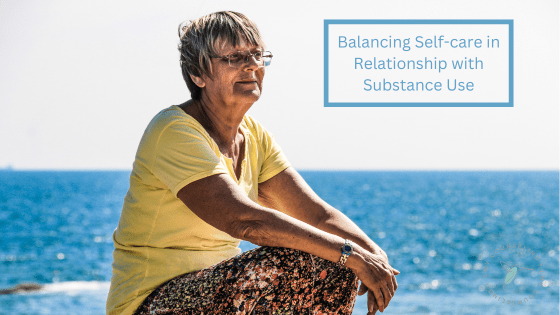Being in a relationship with someone who is struggling with substance use can be challenging and overwhelming. It’s important to remember that you are not alone and that there are things you can do to care for yourself while supporting your loved one.
Here are some tips for caring for yourself while in a relationship with someone who is struggling with substance use:
1. Set Boundaries
Setting boundaries is an important part of caring for yourself. It’s okay to say no to things that don’t align with your values or needs. For example, if your partner is using drugs or alcohol and you don’t feel comfortable being around them while they are using, it’s okay to set a boundary and remove yourself from the situation.
 2. Practice Self-Care
2. Practice Self-Care
Self-care is essential for our physical and emotional well-being. Make sure to prioritize activities that bring you joy and help you recharge, such as exercise, meditation, or spending time with supportive friends and family members. Taking care of yourself will help you better support your loved one.
3. Seek Support
It’s important to have a support system in place when you’re in a relationship with someone struggling with substance use. Reach out to a therapist, support group, or trusted friend or family member for support. It’s okay to ask for help and to have someone to talk to about your feelings and experiences.
4. Educate Yourself
Educating yourself about substance use and addiction can help you better understand what your loved one is going through. It can also help you identify warning signs and know when it’s time to seek professional help. There are many resources available, such as books, websites, and support groups, that can provide information and guidance.
5. Communicate
Open and honest communication is key in any relationship, especially when substance use is involved. Make sure to communicate your feelings and concerns to your loved one in a non-judgmental way. Let them know that you care about them and that you’re there to support them, but also make sure to communicate your boundaries and expectations.
Remember, caring for yourself is not selfish – it’s essential for your well-being and the well-being of your relationship. If you’re struggling to care for yourself while supporting your loved one, don’t hesitate to seek help. Get started now. A mental health professional can provide guidance and support as you navigate this challenging time. We suggest meeting with our Licensed Clinical Addictions Specialists. They understand addiction and can help your to navigate caring for yourself during this challenging time.

